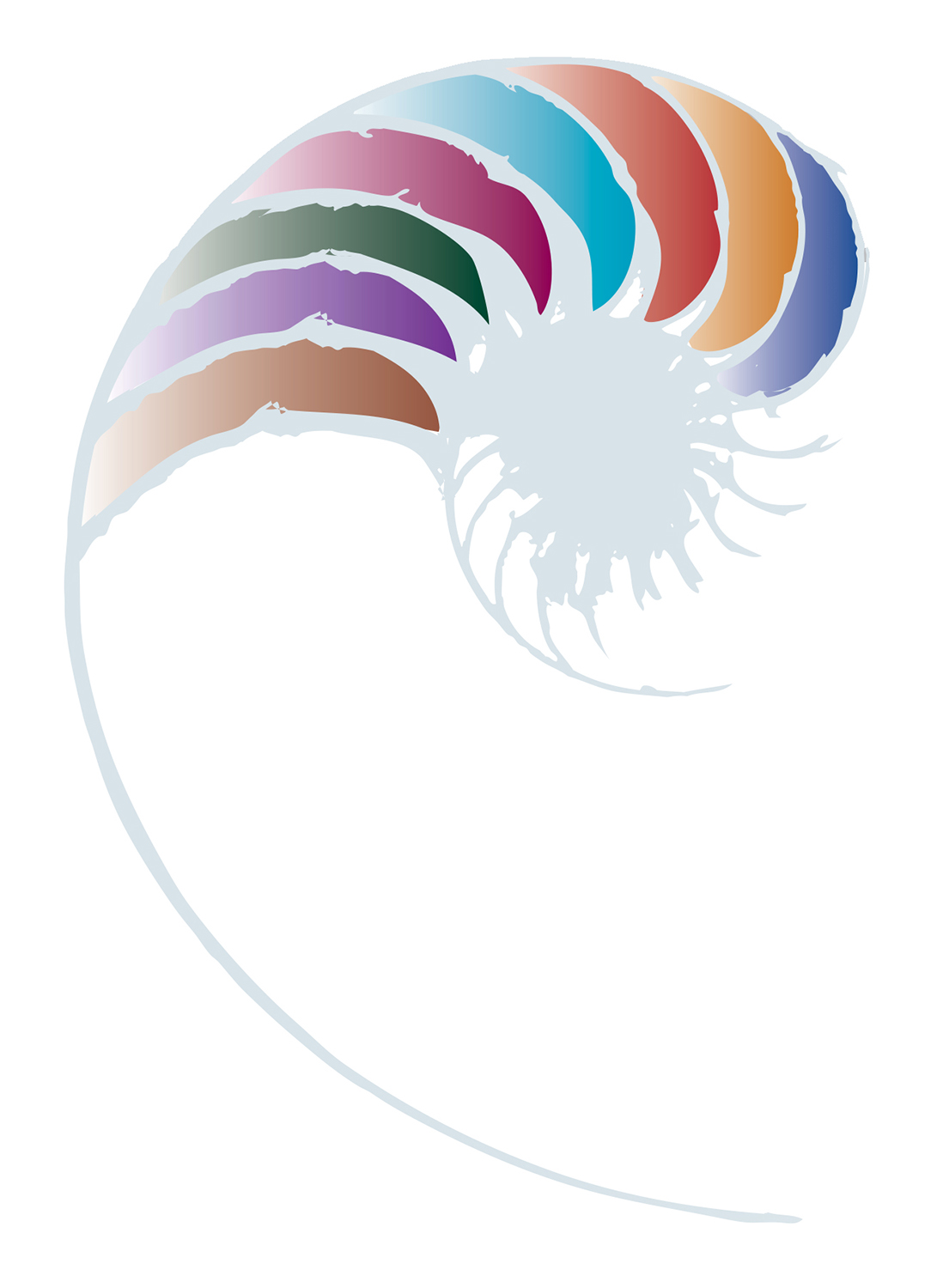One community whānau
A story about a Kāhui Ako community that shares the power and responsibility of school transitions.

Early learning services (ELS) and school kaiako in the Learning Journeys from ECE into School Teaching and Learning Research Initiative (TLRI) project met regularly to discuss transition to school in their community. Observations in each other's settings provided the chance to discuss practice and develop mutual understandings.
Joint curriculum planning, for example around themes such as Matariki or the Olympics, allowed expertise to be shared. Early childhood kaiako and new entrant teachers developed a range of action research “mini projects” to work on together.
Knowing a child’s history and seeing the transition as a small part of a rich whakapapa helped with better understanding each learner. Teachers felt a greater sense of agency when supporting children with transitions.
Examples of practice included:
- taking steps while the child was still in ELS to support friendships that could be continued at school
- understanding that the school playground could be confusing for new children and developing:
- shared books to discuss this
- safe and interesting play spaces
- strategies to help children initiate play with others.
The strategies that were developed and evaluated in the mini projects were not intended as recipes for others to follow. Instead, the key aspect was the importance of attending to the issues in each setting and offering nuanced approaches to supporting children and their families. As one kaiako concluded, "It’s just finding what fits. It’s not like a formula: 'do this and your kids are going to transition fine.' It’s all those little things … for some kids, it will just spark something. For other kids, it won’t. You have just got to find what fits."
What came through strongly is that power and responsibility neither did nor should rest solely with early learning services or with schools. Children’s learning was supported when both sides worked together. Working together in communities fostered a sense of whānau that was evident to the families as well as the teachers. As one teacher noted, "It’s all about whanaungatanga and the importance of working together."
- Peters, S., Paki, V. & Davis, K. (2015). Learning journeys from early childhood into school. Teaching and Learning Research Initiative final report.
- Teachers who are interested in applying for a TLRI can find the details on: Apply for funding.
About this resource
A Kāhui Ako works together to find transitioning strategies specific to their community, such as mini projects.



